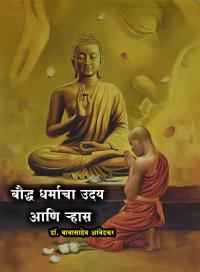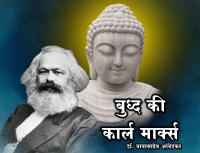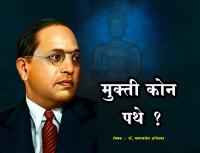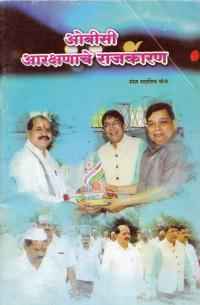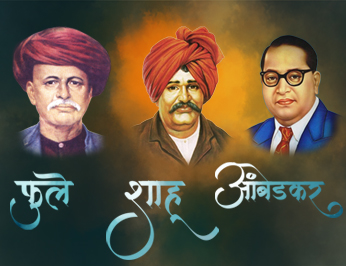 फुले - शाहू - आंबेडकर
फुले - शाहू - आंबेडकर Phule Shahu Ambedkar
Top Books
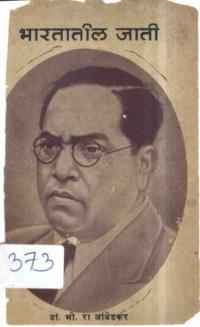
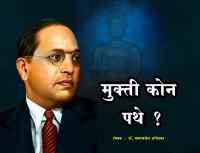
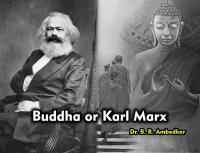
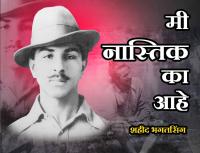
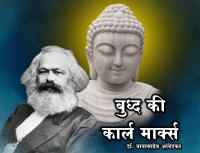
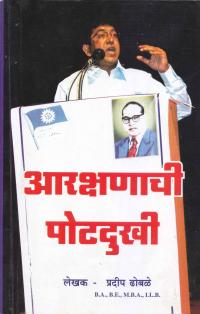

Top News
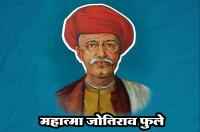
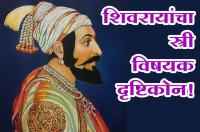
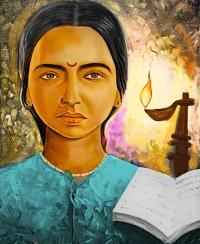
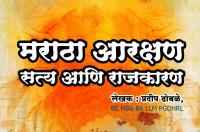
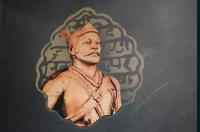
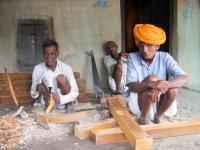
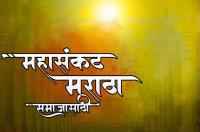
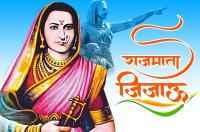
Labels
Satyashodhak, obc, Mahatma phule, Rajarshi Chhatrapati shahu maharaj, dr Babasaheb Ambedkar, Periyar, Bahujan, Shahid Bhagat Singh, Krantisinh Nana Patil, Mahatma Gandhi , Karl Marx, Gautama Buddha, Indian National Congress, Buddhism, Mandal commission, Vishwanath Pratap Singh, Bharatiya Janata Party, rashtriya swayamsevak sangh, Republican Party of India, Savitri Mata Phule,Buddha or Karl Marx
Writer - Dr. B. R. Ambedkar
VI. EVALUATION OF MEANS
We must now turn to the evaluation of means. We must ask whose means are superior and lasting in the long run. There are, however some misunderstandings on both sides. It is necessary to clear them up. Take violence. As to violence there are many people who seem to shiver at the very thought of it. But this is only a sentiment. Violence cannot be altogether dispensed with. Even in non-communist countries a murderer is hanged. Does not hanging amount to violence ? Non communist countries go to war with non-communist countries. Millions of people are killed. Is this no violence ? If a murderer can be killed, because he has killed a citizen, if a soldier can be killed in war because he belongs to a hostile nation why cannot a property owner be killed if his ownership leads to misery for the rest of humanity ? There is no reason to make an exception in favour of the property owner, why one should regard private property as sacrosanct.
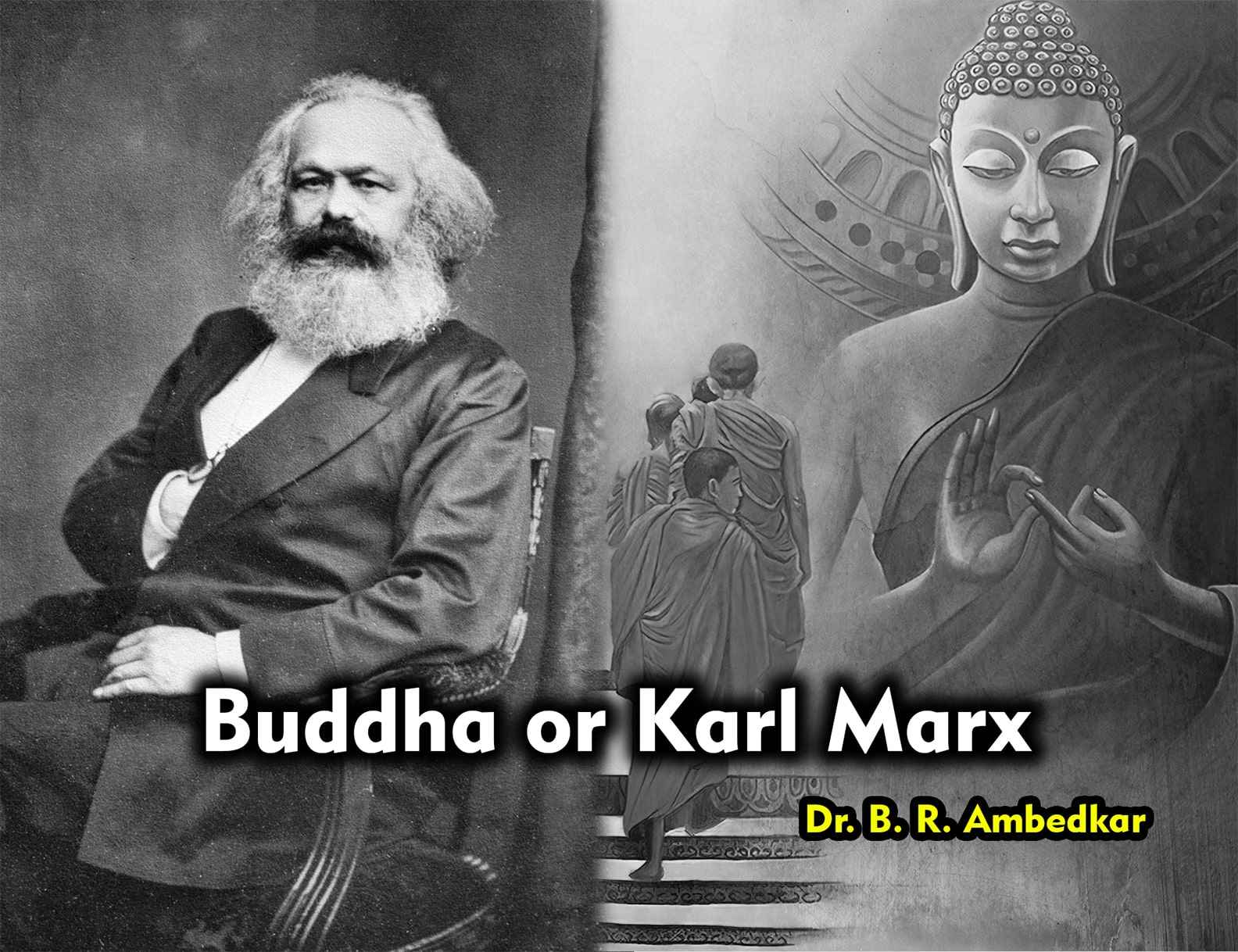 The Buddha was against violence. But he was also in favour of justice and where justice required he permitted the use of force. This is well illustrated in his dialogue with Sinha Senapati the Commander-in-Chief of Vaishali. Sinha having come to know that the Buddha preached Ahimsa went to him and asked:
The Buddha was against violence. But he was also in favour of justice and where justice required he permitted the use of force. This is well illustrated in his dialogue with Sinha Senapati the Commander-in-Chief of Vaishali. Sinha having come to know that the Buddha preached Ahimsa went to him and asked:
"The Bhagvan preaches Ahimsa. Does the Bhagvan preach an offender to be given freedom from punishment? Does the Bhagvan preach that we should not go to war to save our wives, our children and our wealth? Should we suffer at the hands of criminals in the name of Ahimsa.?”
"Does the Tathagata prohibit all war even when it is in the interest of Truth and Justice?”
Buddha replied. “You have wrongly understood what I have been preaching. An offender must be punished and an innocent man must be freed. It is not a fault of the Magistrate if he punishes an offender. The cause of punishment is the fault of the offender. The Magistrate who inflicts the punishment is only carrying out the law. He does not become stained with Ahimsa. A man who fights for justice and safety cannot be accused of Ahimsa. If all the means of maintaining peace have failed then the responsibility for Himsa falls on him who starts war. One must never surrender to evil powers. War there may be. But it must not be for selfish ends…."
There are of course other grounds against violence such as those urged by Prof. John Dewey. In dealing with those who contend that the end justifies the means is morally perverted doctrine, Dewey has rightly asked what can justify the means if not the end ? It is only the end that can justify the means.
Buddha would have probably admitted that it is only the end which would justify the means. What else could? And he would have said that if the end justified violence, violence was a legitimate means for the end in view. He certainly would not have exempted property owners from force if force were the only means for that end. As we shall see his means for the end were different. As Prof. Dewey has pointed out that violence is only another name for the use of force and although force must be used for creative purposes a distinction between use of force as energy and use of force as violence needs to be made. The achievement of an end involves the destruction of many other ends, which are integral with the one that is sought to be destroyed. Use of force must be so regulated that it should save as many ends as possible in destroying the evil one. Buddha's Ahimsa was not as absolute as the Ahimsa preached by Mahavira the founder of Jainism. He would have allowed force only as energy. The communists preach Ahimsa as an absolute principle. To this the Buddha was deadly opposed.
As to Dictatorship the Buddha would have none of it. He was born a democrat and he died a democrat. At the time he lived there were 14 monarchical states and 4 republics. He belonged to the Sakyas and the Sakya's kingdom was a republic. He was extremely in love with Vaishali which was his second home because it was a republic. Before his Mahaparinirbban he spent his Varshavasa in Vaishali. After the completion of his Varshavasa he decided to leave Vaishali and go elsewhere as was his wont. After going some distance he looked back on Vaishali and said to Ananda. "This is the last look of Vaishali which the Tathagata is having ". So fond was he of this republic.
He was a thorough equalitarian. Originally the Bhikkus, including the Buddha himself, wore robes made of rags. This rule was enunciated to prevent the aristocratic classes from joining the Sangh. Later Jeevaka the great physician prevailed upon the Buddha to accept a robe, which was made of a whole cloth. The Buddha at once altered the rule and extended it to all the monks.
Once the Buddha's mother Mahaprajapati Gotami who had joined the Bhikkuni Sangh heard that the Buddha had got a chill. She at once started preparing a scarf for him. After having completed it she took to the Buddha and asked him to wear it. But he refused to accept it saying that if it is a gift it must be a gift to the whole Sangh and not to an individual member of the Sangh. She pleaded and pleaded but he refused to yield.
The Bhikshu Sangh had the most democratic constitution. He was only one of the Bhikkus. At the most he was like a Prime Minister among members of the Cabinet. He was never a dictator. Twice before his death he was asked to appoint some one as the head of the Sangh to control it. But each time he refused saying that the Dhamma is the Supreme Commander of the Sangh. He refused to be a dictator and refused to appoint a dictator.
What about the value of the means ? Whose means are superior and lasting in the long run ? Can the Communists say that in achieving their valuable end they have not destroyed other valuable ends? They have destroyed private property. Assuming that this is a valuable end can the Communists say that they have not destroyed other valuable end in the process of achieving it ? How many people have they killed for achieving their end. Has human life no value ? Could they not have taken property without taking the life of the owner ?
Take dictatorship. The end of Dictatorship is to make the Revolution a permanent revolution. This is a valuable end. But can the Communists say that in achieving this end they have not destroyed other valuable ends ? Dictatorship is often defined as absence of liberty or absence of Parliamentary Government. Both interpretations are not quite clear. There is no liberty even when there is Parliamentary Government. For law means want of liberty. The difference between Dictatorship and Parliamentary Govt. lies in this. In Parliamentary Government every citizen has a right to criticise the restraint on liberty imposed by the Government. In Parliamentary Government you have a duty and a right; the duty to obey the law and right to criticise it. In Dictatorship you have only duty to obey but no right to criticise it.
You might like This Books -
